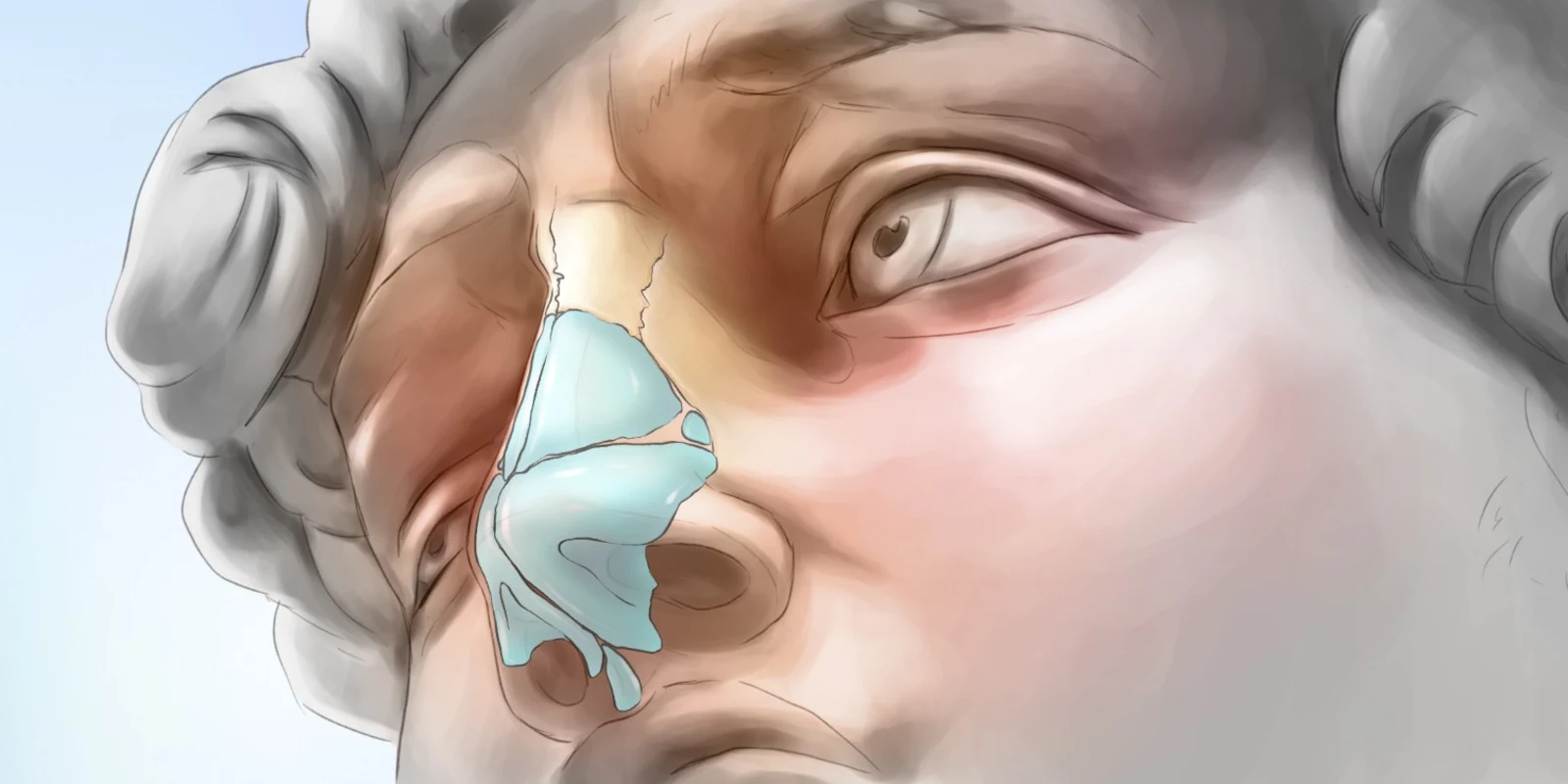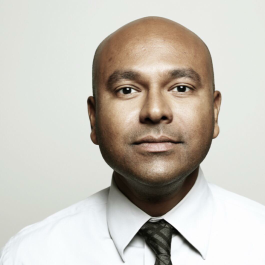
Fear, anger, sadness, joy, disgust, surprise, trust, anticipation; Plutchick. Love, envy, indignation, pity, benevolence, shame, courage, friendship; Aristotle. All instinctive and intuitive sentiments as distinguished from reasoning or knowledge, which makes us fragile human beings.
Experience youth, undergo a transformation, adapt to diversity, persevere education, culture innovation, achieve success, contribute to society. Welcome adversity, overcome failure, strive for excellence, practice mindfulness, celebrate an accomplishment, embrace humility, demand beneficence. Love openly, forgive easily, find balance. Survive life, inspire peace, feel content, recognize satisfaction.
Of the 12 stages described by Dr. Thomas Armstrong, the above describes my synopsis of 4 basic metaphysical chapters of a physician’s life. I love clinical medicine. It’s the ego of everyone involved (patients, nursing, doctors, administrators) that gets in the way of being able to deliver impartial care.
No one is impervious to their own emotions. If you have not had the misfortune and privilege of being on the other side of that hospital bed next to which you stand, you may find it difficult to understand your patients’ frustration. Many call it the soft side of medicine, others call it bedside manner. That’s not the only emotions which are difficult to overcome; it is our own and that of our colleagues. If you cannot endure momentary verbal inadequacies from a patient at a time of weakness, if you cannot empathize with the harsh tone from a grieving family member, you may not be in the correct profession. If you cannot forgive the seldom emotional outburst of a fellow professional, it may be time to redefine collegiality.
If only Zeno of Citium could teach us Stoicism in medical school! Let’s face it, we’re trained in the hard sciences but most of us only implement the soft sciences after trial by fire. If this was not experienced during training, expect to feel the vast array of sentiments within the first 3 months of being an attending. At times you will feel as if your psyche is trying to stay afloat in this deep ocean we now call healthcare.
Sympathy and empathy are the backbone of Stoicism. Imagine having no insight into a colleagues’ personal issues, whose animus was heightened by a difficult caseload, which ultimately resulted in a snide comment towards you/another colleague. One could pursue a quarrel, which would most likely lead to unnecessary consequences. Or one could simply accept that it was a misdirected, subconscious response in the setting of hardship caused by the same burdens we all endure. And continue to endure.
Unfortunately, this is a common scenario. Unfortunately, it occurs repeatedly in the professional setting. Emotional intelligence may possibly be the only measure of adulthood. Harboring negative emotions will only lead to further animosity. That snarky colleague probably doesn’t even realize how they spoke to you, let alone that you are upset and feel emotional about it. Overcoming ego and mastering tolerance are the essentials in the third stage of a physician’s lifecycle. Only after we triumph through this can we enjoy the final stage.
Any of my veteran colleagues will attest, essentially the only way to maneuver graciously through medicine, especially in this day and age, is to deliver humanism first and practice medicine second. This was a hard pill for me to swallow. This was not what I was taught during the first stage of my medical lifecycle.
The most influential to my early formidable years as an attending were the embedded instrumentalist theories of Kenneth A. Richman. Ethical dilemma and medical metaphysics will always be an important arena for the future of healthcare. I feel communication and respect for autonomy are the most distinguishing factors of an astute clinician. The precept of primum non nocere is most valuable to my moral compass. I truly believe every practicing professional upholds their oath. Removing our ego and delivering unbiased evidence-based health care should be our goal. Patience, to allow the ill and their families time to experience emotion and acceptance; courtesy and appreciation for the aloof overworked colleague, are the approaches necessary for succeeding in this everchanging battlefield.





